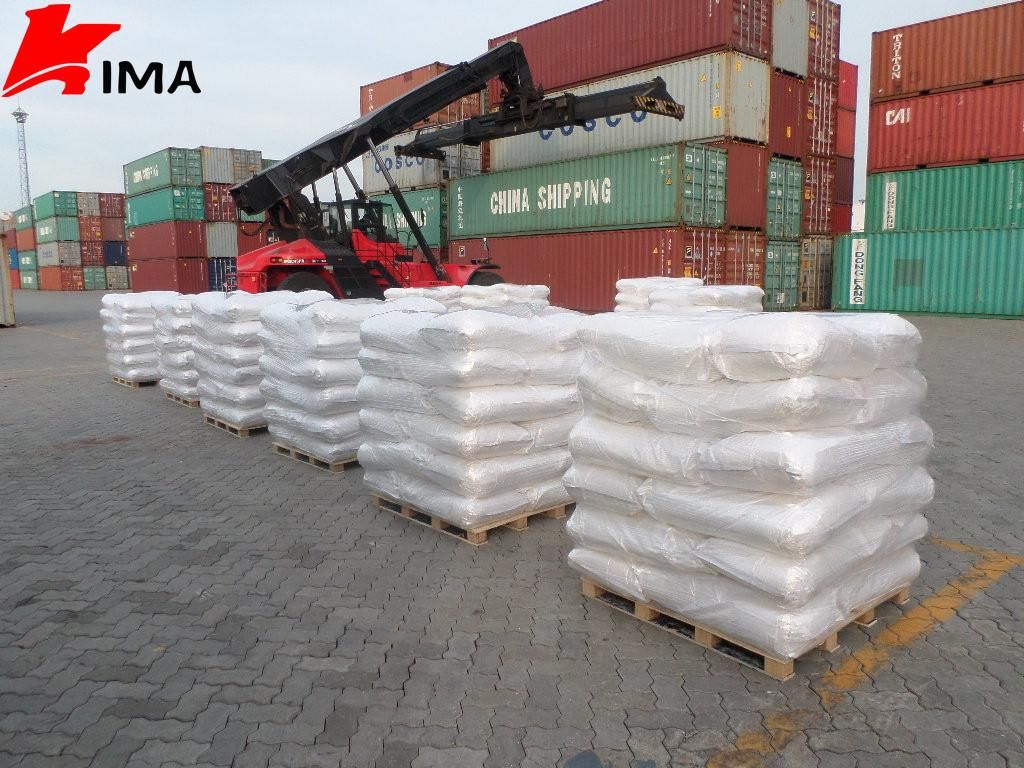Cement Based Tile Adhesive Mortar Additive Redispersible Polymer Powder
Cement Based Tile Adhesive Mortar Additive Redispersible Polymer Powder
Redispersible polymer powder (RDP) is a polymer used as an additive in cement-based tile adhesive mortars. RDP is a powder produced by spray drying a polymer emulsion. When RDP is added to water it forms a stable emulsion which can be used to make mortar. RDP has many properties that make it a valuable additive in cement-based tile adhesive mortars. These properties include:
Water retention: RDP helps to retain water in the mortar, thus improving the workability of the mortar and reducing the amount of water required.
Adhesion: RDP can improve the adhesion between the mortar and the substrate, thereby improving the strength and durability of the mortar.
Workability: RDP can improve the quality of the finished product by making the mortar easier to process.
Durability: RDP can increase the durability of the mortar, making it more resistant to cracking and weathering.
RDP is a multifunctional additive that can be used in a variety of cement-based tile adhesive mortars. It is especially suitable for mortars used in exterior applications such as stucco and tile adhesives. RDP can also be used in mortars used in interior applications such as joint fillers and repair compounds.
Here are some benefits of using RDP in cement-based tile adhesive mortars:
Improve water retention
Improve adhesion
Improve workability
increased durability
reduce cracking
reduce water damage
increase flexibility
Improve weather resistance
RDP is a safe and effective additive that can be used to enhance the performance of cement-based tile adhesive mortars. It is an invaluable tool for contractors and builders who want to produce durable, high-quality mortar.
Here are some of the most common types of RDP used in cement-based tile adhesive mortars:
Vinyl Acetate Ethylene (VAE): VAE RDP is the most common type of RDP. It is a versatile and cost-effective option that can be used in a variety of mortars.
Styrene Butadiene Acrylate (SBR): SBR RDP is a more expensive option than VAE RDP, but it offers better water retention and adhesion.
Polyurethane (PU): PU RDP is the most expensive type of RDP, but it has the best water retention, adhesion and durability.
The type of RDP that is most suitable for a particular application depends on the specific requirements of the project. Contractors and builders should consult with technical experts to select an RDP that suits their needs.
Here are some of the most common uses of RDP in cement-based tile adhesive mortars:
Stucco: RDP can be used to improve the water retention and adhesion of stucco. This helps prevent cracking and weathering.
Tile Adhesives: RDP can be used to improve the water retention and adhesion of tile adhesives. This helps ensure the tile is properly bonded to the substrate.
Joint fillers: RDP can be used to improve the workability and durability of joint fillers. This helps prevent cracking and ensures a long-lasting finish.
Repair Compounds: RDP can be used to improve the workability and durability of repair compounds. This helps ensure a lasting fix.
RDP is a versatile and effective additive for improving the performance of cement-based tile adhesive mortars. It is an invaluable tool for contractors and builders who want to produce durable, high-quality mortar.
